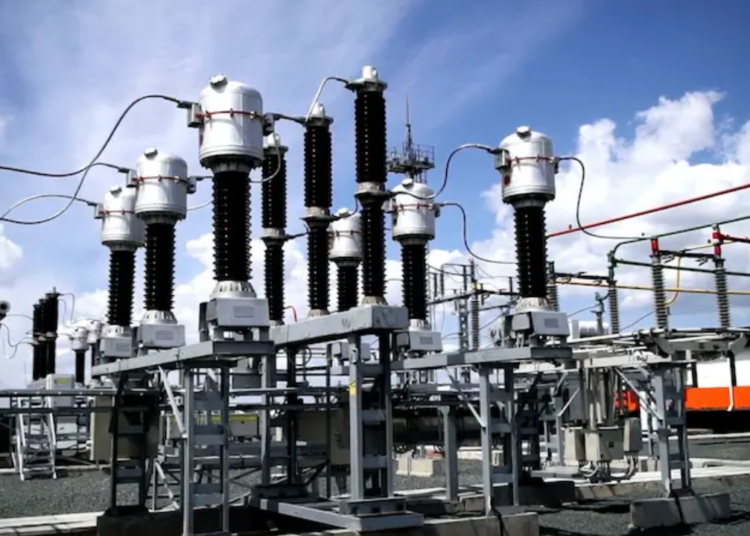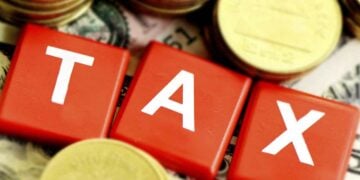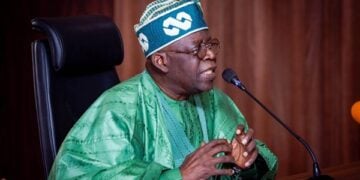Key stakeholders in the country’s electricity industry have craved for stronger collaboration that would lead to new investment direction that will help in rejuvenating the ailing power sector.
The stakeholders led by the Federal Ministry of Power highlighted collaboration and investment as key factors to tackle Nigeria’s electricity challenges.
This is coming as the national grid collapsed on Tuesday five days after a similar incident occurred making it twice in the month of September which partially threw some parts of the country in darkness.
It is also reported that the number of grid collapses in the country has increased to 47 between 2017 to 2023. The grid collapsed at least four times in 2022, which authorities blamed on technical problems. Nigeria has 12,500 MW of installed capacity but produces about a quarter of that.
The recent grid collapse comes after the nation’s power grid had achieved uninterrupted stability for over 400 consecutive days.
The recent grid collapse comes just weeks after the Transmission Company of Nigeria (TCN) announced that the nation’s power grid had achieved uninterrupted stability for over 400 consecutive days.
Nigeria has always struggled with challenges in its electricity sector, posing significant obstacles to economic development and the daily lives of its citizens. Despite the privatisation of the sector, Nigerians are yet to enjoy uninterrupted power supply.
These electricity problems stem from a complex web of issues, including outdated infrastructure, inadequate maintenance, and limited investment in the power sector
Nigeria’s electricity grid collapsed 47 times between 2017 and 2023, according to the Transmission Company of Nigeria (TCN).
The TCN said it notes that grid restoration nationwide is in progress and has reached advanced stages with power supply now available in the West, North Central, South, East, and a large portion of the Northern parts of the country.
The power supply restoration, according to TCN spokesperson, Ndidi Mbah, is sequel to the total grid collapse, causing outage nationwide, after over 421 days of consistent grid stability.
In the course of the grid restoration, the process initially suffered a setback; but did not amount to another collapse, she said.
The key stakeholders including local and international players in the industry at the 10th-anniversary edition of the Nigeria Energy Exhibition and Conference, which held from the 19th to 21st of September 2023, pledged to cooperate across the value chain to meet Nigeria’s growing energy needs.
Speaking at the conference, Chief Adebayo Adelabu, minister of Power, Federal said: “I am confident that the narrative in the power sector, which is confronted with several challenges, will change soon. The challenges we face, ensuring access to reliable and affordable energy for all, are quite complex. It ranges from issues of energy security, and sustainability, to addressing climate change.
“The Ministry of Power is focused on the balanced energy development that drives socio-economic transformation, thus satisfying the future utility and sustainable development nexus of energy security, sustainability, and affordability.” he concluded.
Exhibition director, Nigeria Energy, Ade Yesufu, said: “Today, Nigerians stand united sharing the single vision to create a sustainable and modern energy future that serves all our citizens. This vision is particularly important in the light of recent developments in our government.”
The Nigeria Energy Exhibition and Conference 2023 is supported by leading global players in the power and infrastructure industry including Skipper as the main event sponsor, Tetracore, Huawei, and Simba as Platinum Sponsor, Jinko Solar, Okaya, JMG, UTEC, and Ofstar as Gold Sponsor, Unisell Interlinked as Silver Conference Sponsor, Felicity, Fronius, Lucy, Jubaili, JA Solar, Gil Siemens, Su-Kam, and Powerpro as Silver Event Sponsors.
These key industry players are showcasing the latest and commercially sustainable power solutions at the Nigeria Energy Exhibition 2023 which will contribute to viable solutions for Nigeria’s power sector challenges.
We’ve got the edge. Get real-time reports, breaking scoops, and exclusive angles delivered straight to your phone. Don’t settle for stale news. Join LEADERSHIP NEWS on WhatsApp for 24/7 updates →
Join Our WhatsApp Channel










